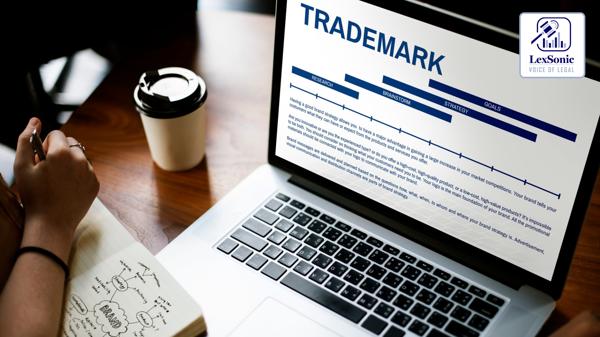Conditional Relief Granted in Trademark Dispute: "MY RAASHEE" Approved with Distinctive Packaging.
23 January 2024
Trademark Laws in India >> Intellectual Property Rights
Background:
In a recent judgment, the Delhi High Court issued a decision in the trademark infringement case of Kamal Kant and Company LLP v. Raashee Fragrances India Pvt. Ltd. The Plaintiff, Kamal Kant and Company LLP (hereafter "Kamal Kant"), proprietor of the registered trademark "RAJSHREE" for pan masala and related products, filed suit against the Defendant, Raashee Fragrances India Pvt. Ltd. (hereafter "Raashee"), for utilizing the deceptively similar trademark "RAASHEE" for their competing pan masala products.
Plaintiff's Contentions:
Kamal Kant asserted prior use and ownership of the registered trademark "RAJSHREE" since 1965, establishing substantial goodwill and brand recognition in the market. They argued that the adoption and use of the mark "RAASHEE" by the Defendant constituted a clear infringement of their trademark rights and was likely to deceive and confuse consumers into believing the Defendant's products originated from the Plaintiff.

Court's Reasoning and Order:
The Court, acknowledging Kamal Kant's prior use and registration of the trademark "RAJSHREE," recognized the potential for confusion arising from the phonetically similar marks "RAJSHREE" and "RAASHEE." Consequently, a permanent injunction was granted, restraining Raashee from using the trademark "RAASHEE" or any other mark deceptively similar to "RAJSHREE" for the identified goods and services.
However, in a spirit of fostering a solution, the Court allowed Raashee the conditional use of two alternative trademarks: "MY RAASHEE" in English and its corresponding Hindi translation. This conditional use mandated that the first word ("MY" or its Hindi equivalent) be presented with equal prominence to "RAASHEE" in terms of font size and color within the adopted trademark. Additionally, the Court stipulated that the packaging design employed by Raashee must be demonstrably distinct from that used by Kamal Kant for their "RAJSHREE" products.
Settlement and Costs:
To conclude the litigation and avoid further legal expenses, both parties reached a settlement agreement. Kamal Kant agreed to forego claims for damages, account rendering, and legal costs. In return, Raashee consented to pay a sum of Rs. 50,000/- to Kamal Kant.
Legal Implications:
This case underscores the critical importance of:
- Prior Trademark Registration: Kamal Kant's prior registration of the trademark "RAJSHREE" significantly bolstered their legal position in the infringement claim.
- Phonetic Similarity in Trademark Disputes: The Court emphasized that even seemingly minor phonetic similarities between trademarks can lead to actionable infringement, particularly when the goods or services involved are directly competitive.
- Target Consumer Analysis: The Court's consideration of the Hindi-speaking consumer base in evaluating the likelihood of confusion demonstrates the importance of understanding the relevant market demographics in trademark disputes.
- Alternative Branding as a Dispute Resolution Tool: The Court's acceptance of alternative trademarks with mandated distinctiveness highlights the potential for resolving trademark disputes through modifications to branding strategies.
This case serves as a valuable precedent for businesses operating in India, emphasizing the need for meticulous trademark selection, registration, and a keen awareness of potential infringement issues.
